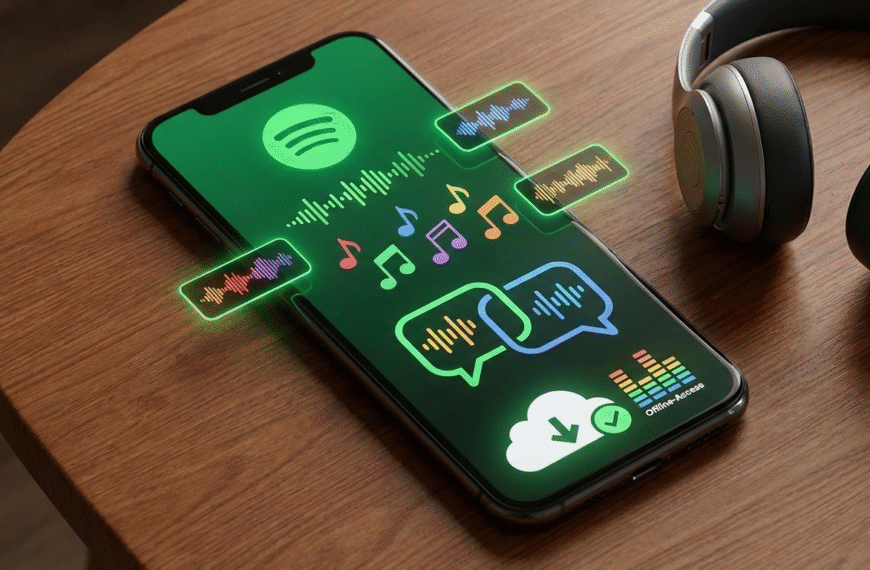Google continues breaking down digital barriers with its latest suite of AI-powered accessibility features rolling out to Android and Chrome. The most groundbreaking update supercharges TalkBack, Android’s built-in screen reader, with Gemini AI integration that now understands both images and entire screens.
For visually impaired users, this means being able to ask questions about photos they receive – like identifying a guitar’s brand in a friend’s picture – or getting shopping assistance within apps by inquiring about product materials or discounts. This builds on last year’s introduction of AI – generated image descriptions, taking assistive technology to new conversational heights.
Android’s Expressive Captions also receives thoughtful upgrades that capture more nuanced communication. The enhanced feature now displays drawn – out words like “amaaazing” with accurate duration cues and identifies non-verbal sounds such as whistling or throat – clearing. Currently available in English across the U.S., U.K., Canada and Australia for Android 15+ devices, these improvements recognize that how we say things matters as much as what we say.
Chrome gets equally impressive accessibility boosts. The browser now uses Optical Character Recognition (OCR) to transform previously inaccessible scanned PDFs into screen reader-friendly documents, complete with text selection and search capabilities. Additionally, a new Page Zoom feature allows Android users to magnify text without disrupting webpage layouts, with customization options for specific sites or universal application.
These innovations demonstrate Google’s commitment to creating more inclusive digital experiences through AI, ensuring technology adapts to people’s needs rather than the other way around. As these features roll out globally, they promise to make smartphones and browsers more usable for millions with visuals or hearing impairments.






















